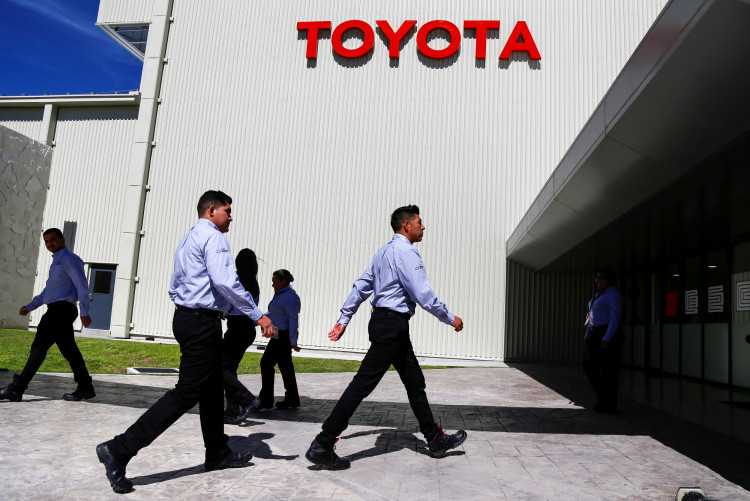Japanese automotive giant Toyota is planning to build a new manufacturing facility in the northeastern port city of Tianjin in China. Documents obtained from local authorities in China revealed that the new facility will mainly be used to build new electric vehicles for the company.
The massive undertaking, estimated to cost a massive $1.2 billion, will reportedly be done in collaboration with Chinese automaker FAW Group. Toyota currently owns and operates three manufacturing facilities in China. The company also owns another factory in Guangzhou under the GAC Toyota Motor Co, a joint venture company between GAC Group and Toyota Motor Company.
The move to build a new facility dedicated to building new energy vehicles for the Chinese market comes as the government increases its efforts to promote the manufacturing of more EVs in the country. Toyota likely wants to capitalize on the government-supported trend by increasing its footprint in the country. By establishing its own the facility, the company likely hopes to capture the market early and get ahead of its local and international competitors.
The documents pertaining to the new facility were reportedly issued by authorities of the China-Singapore Tianjin Eco-City, where the plant will supposedly be built. It also revealed that both FAW and Toyota expect the plant to produce up to 200,000 new energy vehicles. This includes new all-electric, fuel-cell, and hybrid models. The documents also outlined Toyota's plans for making the new plant fully operational within the year.
Compared to other international automakers, Toyota has seen relative success in the Chinese market. When asked about its proposed new plant in Tianjin, the company refused to comment and just stated that it considers China to be one of its most important global markets. The Japanese firm added that it is devoted to meeting the vehicle demand in the country through its various investments.
While it did not immediately confirm reports regarding its new Tianjin plant, Toyota had previously stated that it will be increasing the manufacturing capacity of its plant in Guangzhou to meet market demands. Toyota is obviously heeding the Chinese government's push to produce more new energy vehicles. If proven true, its new plant in Tianjin dedicated to new energy units will likely be the right move to make.
Despite the overall slump in the Chinese car market, which dropped by 8.2 percent in 2019, Toyota still managed to sell close to 1.62 billion vehicles in the country last year. This included models under its joint ventures and subsidiary brands such as its premium Lexus brand. This represented a significant 9 percent jump in year-on-year sales, an amazing feat given how other automakers have reported stagnant or decreased sales growth over the same period.





